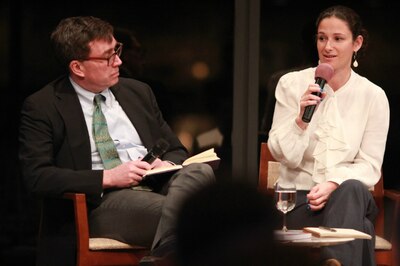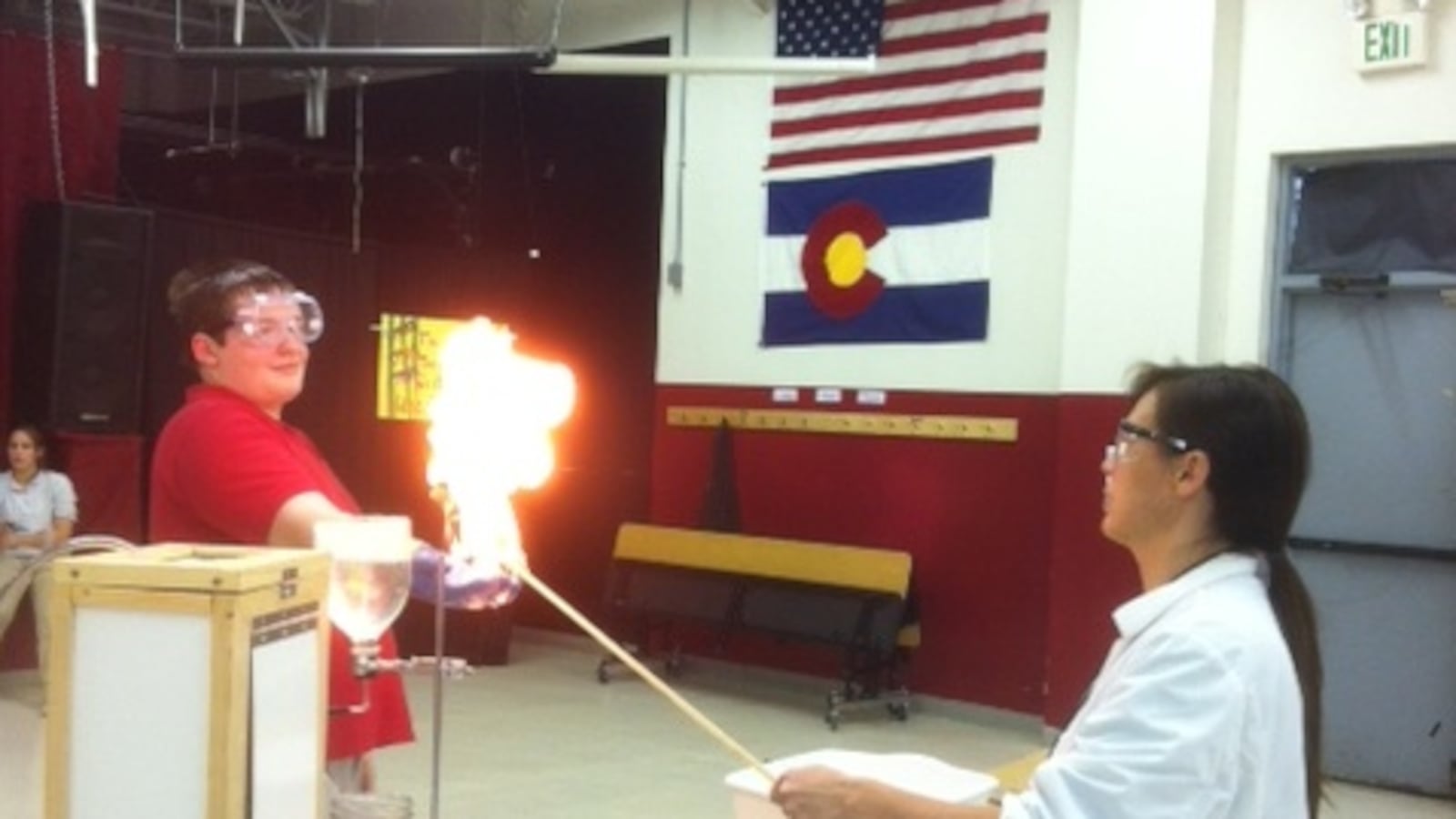As most schools prepare for a system overhaul that will send them to local superintendents and city-run support centers when they need help, certain high schools can opt into citywide “affinity groups” that will allow them to keep getting support from outside organizations, city officials said Thursday.
Principals whose schools have previously partnered with one of five chosen nonprofits or the City University of New York have until the end of May to decide whether to join the groups and continue getting support from those organizations, or to switch to the city-run centers that are set to open by July.
Each affinity group will have its own superintendent, and schools that opt to join those groups must remain in them for three years. Unlike most schools under Chancellor Carmen Fariña’s revamped school-support system, which pulls together schools in the same area, affinity groups will include like-minded schools that are spread across the city.
The organizations chosen to run the new affinity groups are CUNY; New Visions for Public Schools, a large school-management group that has created scores of small schools; Urban Assembly, a smaller group that has also opened schools; Outward Bound, a nonprofit whose schools follow a particular learning model; Internationals Network for Public Schools, which serves recent immigrants; and the Performance Standards Consortium, whose members use alternative assessments instead of traditional tests. The Internationals Network and the Consortium will run a joint affinity group.
The six groups currently help manage more than 180 schools, almost all of which are high schools or schools that serve grades 6-12. No elementary or middle schools are allowed to join the affinity groups, nor are any of the low-performing schools that are part of the city’s new “Renewal” turnaround program. Schools that are not already affiliated with one of the organizations also are unable to join an affinity group at this time.
Eligible schools that are already associated with those groups will have to decide this month whether or not to stick with them, even though the groups are still negotiating with the city over what services they will provide schools under the new arrangement. The groups could offer help with curriculum, teacher training, special education, student discipline, budgeting, hiring, or other school functions. A new unit in the education department will provide the schools any services that their affinity groups do not.
New Visions President Robert Hughes said the group expects to keep most of its 80 district schools, even though New Visions is still hammering out its role within the affinity group structure.
“In some ways, I’m glad we’re entering this with the space to experiment and explore,” he said, adding that he did not expect his group to continue helping schools with “back office” functions like purchasing materials or ensuring they are in compliance with city rules.

In January, Chancellor Carmen Fariña announced that she was dismantling the “Children First Networks,” 55 different support teams created under former Mayor Michael Bloomberg that each served a mix of schools from across the city. Instead, superintendents will now monitor all the schools in a particular area and connect them with the nearest city-run support center when they need help with instructional or operational issues.
When Fariña announced the restructuring, she said the handful of Bloomberg-era support teams that were run by nonprofits or universities would be allowed to remain. Those groups, which had been called “Partnership Support Organizations,” or PSOs, would become affinity groups and “be brought under a superintendent,” she said.
She did not say, however, which PSOs would be spared or how she would make that decision. Behind the scenes, New Visions’ powerful board of trustees lobbied City Hall to make sure the group would not lose its schools, while other PSOs privately complained that the selection process was political and lacked transparency.
Ultimately, the city decided not to allow four groups that had operated as PSOs to become affinity groups, education department officials said Thursday. They are: Fordham University; Teaching Matters; FHI 360; and CEI-PEA, the largest group. Together, the groups supported roughly 290 schools, with CEI-PEA overseeing more than 200.
Officials said they made their decision based on several factors, including graduation rates and student test scores at the groups’ schools. But just as important is the fact that those PSOs served elementary and middle schools, not just high schools, which limits how they can be arranged.
State law dictates that elementary and middle schools be grouped in geographic districts overseen by superintendents, while high schools are not bound by those rules. That means that Fariña can put a single superintendent in charge of all the high schools in an affinity group even if they are located across the city, which would not be possible with elementary and middle schools.
Schools are free to continue to hire those organizations that were not chosen to become affinity groups to provide some services, officials said, but the bulk of their support will now come from superintendents and the new centers. Teaching Matters Executive Director Lynette Guastaferro said the city is still paying the group to offer leadership training to teachers at several schools, including some that were in the PSO.
“We are still being funded to work with a cohort of schools,” she said, adding that the 27 schools in the PSO represented just a portion of those the group works with.
While the city has now chosen the affinity groups, some issues still must be settled.
For instance, some of the groups have city-paid staffers who provided technical assistance to schools in areas like budgeting and hiring. Those groups are in talks with the city about whether they will be able to keep those employees. A person associated with one of the affinity groups said principals have been asking what will happen to those employees, including some they have worked with for years.
“It’s not just, ‘Am I going to have a person to do X?’ It’s, ‘Am I going to have Mary or John?’” said the person, who spoke on the condition of anonymity since talks are ongoing. “We can’t answer that question.”
Education department spokeswoman Devora Kaye said the new organizational structure, including the affinity groups, combines customized support for schools with superintendent-enforced accountability.
“Our mission is clear,” she said in a statement, “to improve each school and better support for students, teachers, principals and families.”

